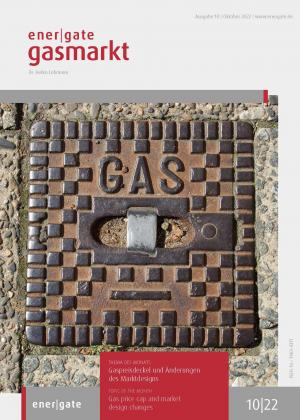In the last issue's rumour section, I wrote about discussions on possible gas price caps. In the meantime, a potential cap on gas prices and the possibility of interventions in the market design have arrived with full force in the general energy discussion. I think there are three main factors that have led to a considerable intensification of this discussion:
- The "gas crisis" has increasingly become an "electricity price crisis" due to, among other things, the merit order effect in the electricity spot market. The bid price of the last power plant used determines the price in the spot auctions. In the summer, this was quite often a gas-fired power plant. As a result, prices increased as did the producer surplus for so-called inframarginal suppliers in the electricity market.
- The EU Commission has put the issue on its agenda and wants to implement regulations.
- Prices are so high that they threaten the existence of many households and industrial enterprises. The belief that this can be solved through direct support measures alone is limited. For many market participants, interventions in price formation and market mechanisms are a horror vision simply because of the unintended side effects.
By the way, I already wrote about this topic once in the Topic of the Month in the April issue. In the meantime, however, the situation has worsened.



